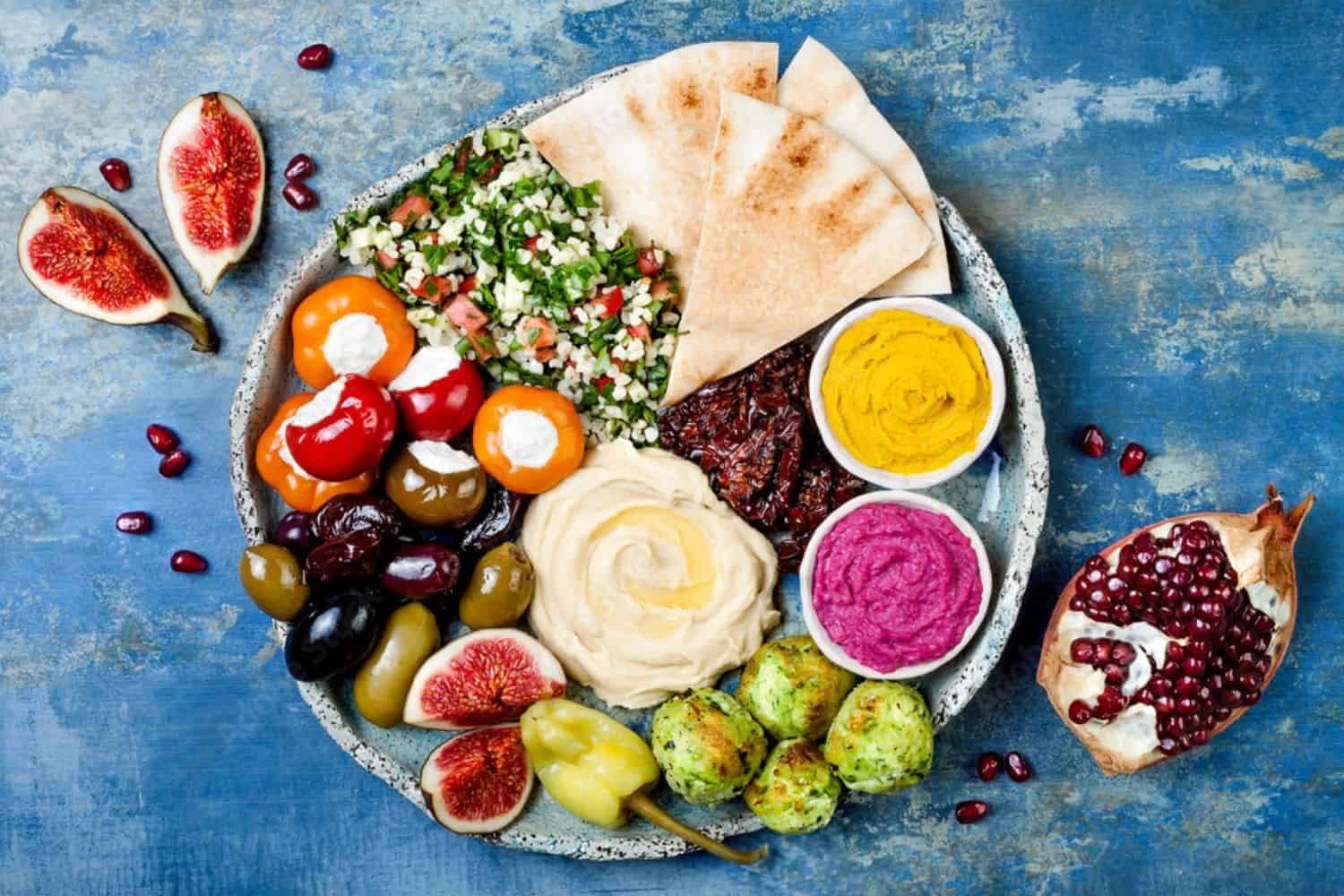Ever since a new study found that following the Mediterranean diet resulted in a lower risk of death, especially among older people, the world has been obsessed.
According to the study that went on for 20 years, researchers from the University of Barcelona found that seniors over age 65, lived longer if they continued with a Mediterranean diet.
So what exactly is this amazing diet and what are the benefits of following it?
What is the Mediterranean diet?
This diet is all about eating nutritious food but delicious at the same time. The diet is based on traditional foods people used to eat in countries that border the Mediterranean Sea. So most of the diet’s inspirations come from cuisines such as France, Greece, Spain, and Italy.
There are no set rules or regulations for following the diet which mostly consists of fruit and vegetables, whole grains, legumes, nuts and seeds, and heart-healthy fats such as oily fish.

Benefits from following this diet
The Mediterranean diet has proven to be “exceptionally healthy” and is great to follow in the case of chronic conditions, such as diabetes.
Here are a few of its benefits:
Good for your heart
Studies have shown that the Mediterranean diet can lower the risk of heart diseases and strokes. This is mainly due to the fact that this diet is more effective in slowing down the plaque buildup in arteries.
Blood sugar levels are better supported
Blood sugar levels are more stable with the Mediterranean diet due to its variety of nutrient-dense foods. And if your blood sugar is under control, your body is more protected against type 2 diabetes.
Protects brain function
The Mediterranean diet can be beneficial for brain health and can even protect people against cognitive decline – especially older people. Research has found that people who follow this diet, have a lower risk of dementia, cognitive impairment, and Alzheimer’s disease.
What and how to eat when following the Mediterranean diet
Following this eating lifestyle doesn’t require a big change for most people. And since there are so many countries contributing to the diet, it is difficult to say what exact foods belong to the diet.
But here are three tips to remember before you go on your new food journey!
Do eat: vegetables, fruits, nuts, seeds, potatoes, whole grains, legumes, herbs and spices, seafood, and olive oil
Eat in moderation: eggs, poultry, cheese, and yoghurt
Eat rarely: red meat, processed meat, added sugars, refined oils, refined grains, and sugar-sweetened beverages

Life’s too short to constantly worry about what we eat, so enjoy healthy and delicious food and indulge in moderation!

